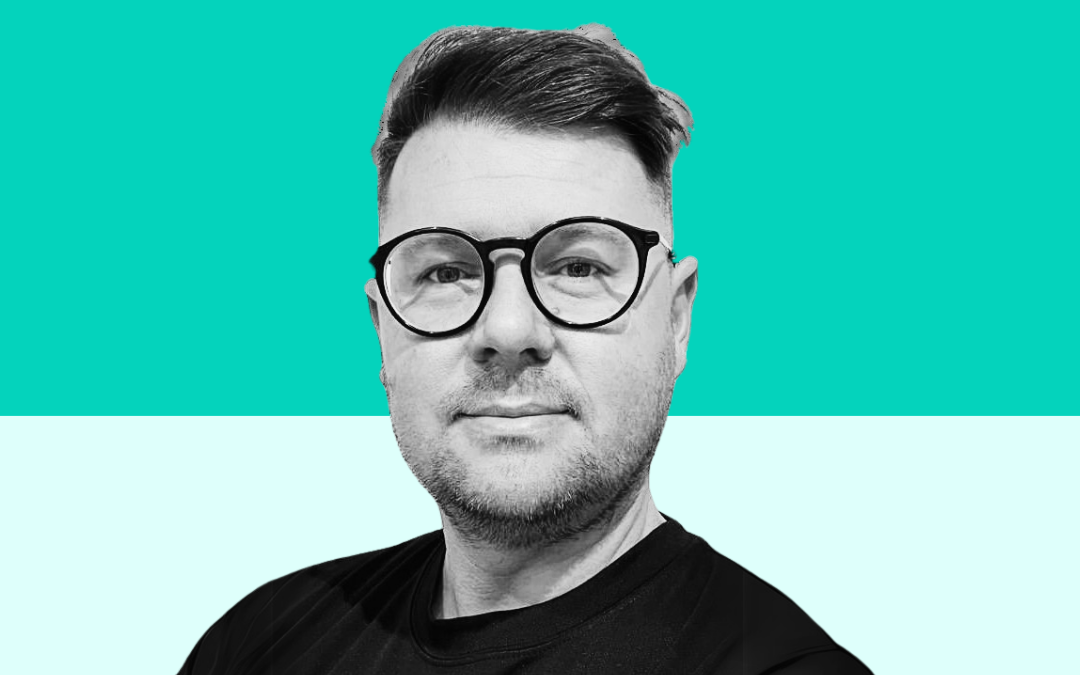I was around 13 when my friends and I went into a shop to look at some jumpers. I asked one of them, “How much is 30% off?”
“It’s easy,” they replied. “You start by dividing by 100 first (to find 1%) and then multiply by the percentage you need.”
“Umm… so like a bit more than 25%, which is a quarter, yeah?”
At that moment, I could see the light leave their eyes. Another maths-based social disaster.
Another moment of mathematical misery came when I was asked to pick a CD from a shelf a third of the way along. I found myself slowly dragging my finger along the row until my now father-in-law, looking slightly confused, said, “It’s easy. Start by dividing the total by three. One-third of 24 CDs is 24 ÷ 3 = 8. One-third of 33 is 33 ÷ 3 = 11.”
“So… like halfway and a bit more?” I responded, still trying to wrap my head around it. I think he aged ten years in that conversation.
Good Darts, Bad Maths
At 15, I was told I wouldn’t be entered for my GCSE Maths and English exams. It was embarrassing. I begged to be allowed to take them and was eventually permitted. I attended study sessions, but despite my best efforts and four years of schooling, the knowledge wouldn’t stick.
“What is this barrier? Am I stupid?” I asked myself. After all, if you’re good at maths, that means you’re intelligent, right?
But I could throw a decent dart. I could calculate an angle on a snooker table or perfectly weight a football pass. Yet, I couldn’t learn a simple times table nursery rhyme. It was as if my brain had a VIP section, and numbers were permanently on the banned list.
Entering the Workforce Early
I left school and started working the day after my last GCSE exam. At 15, I was the youngest in the warehouse, and an immediate sense of failure hit me. While I was happy to be earning a wage, I was painfully aware that my formal education had come to an abrupt end.
A Second Chance: The Apprenticeship
At 19, I saw an advert for an apprenticeship. I thought I was too old, that I’d missed the boat. Walking into the training provider’s office felt like stepping into another world. An advisor handed me a clipboard with an application form.
“What is a key attribute?” I asked.
“Something good about yourself.”
That was easy. “I am a KWIK learner.”
I used capital letters to mask my terrible handwriting. I overused commas because my mum told me to add them where I took a breath. And I loved putting everything in brackets—for some reason. If grammar rules were a sport, I was playing a completely different game.
“Have you been through a dyslexia assessment?” the advisor asked.
“No, I’m just not very good at spelling and maths.”
“That’s okay. We will support you through your Key Skills, which focus on practical Maths and English for everyday life.”
Realising I Was Neurodivergent
After completing four apprenticeships, I applied to university but was told my Key Skills and apprenticeships weren’t recognised as credits. Without them, I wasn’t eligible.
Having a degree means you’re intelligent, right?
From a young age, I knew my brain worked differently. While other kids grasped numbers effortlessly, I stared at equations, feeling lost. No matter how hard I tried, basic maths wouldn’t stick. It was as if the numbers danced on the page, refusing to settle into anything that made sense.
At first, I assumed I just wasn’t trying hard enough. Teachers encouraged “more practice,” so I spent hours staring at times tables, willing them to make sense. But they never did. It wasn’t just that I found maths hard—it was how my brain processed it. I could understand complex ideas, think outside the box, and dive deep into creative projects, but when it came to numbers, my brain hit a wall.
It felt like my brain had a factory reset button—pressed every time I encountered numbers.
As I got older, I realised that my struggles weren’t limited to maths. Certain tasks overwhelmed me, I had intense interests, and I processed the world in ways that didn’t always align with those around me. The feeling of being “different” followed me everywhere.
The Lightbulb Moment
The real turning point came when I encountered the term “neurodivergent.” It was like a lightbulb switching on. Suddenly, there was a word for the way my brain worked. Whether it was dyscalculia, ADHD, autism, or another form of neurodivergence, I finally understood that my struggles weren’t about laziness or lack of effort. My brain was simply wired differently.
Realising this changed everything. It allowed me to reframe my difficulties—not as failures, but as differences. Instead of beating myself up over what I couldn’t do, I started embracing what I could. My creativity, my deep focus on passions, my ability to see patterns in chaos—these were strengths, not weaknesses.
Being neurodivergent in a world built for neurotypical minds isn’t always easy. But knowing there’s a whole community of people like me is empowering. The struggle with basic maths was just the beginning of my journey to self-discovery, and I wouldn’t trade my neurodivergent brain for anything.
For anyone who feels like they don’t fit the mould: You’re not broken. You’re just different. And different is powerful.
And if you ever need someone to calculate a third of a CD shelf for you… well, let’s just say I have other strengths.

